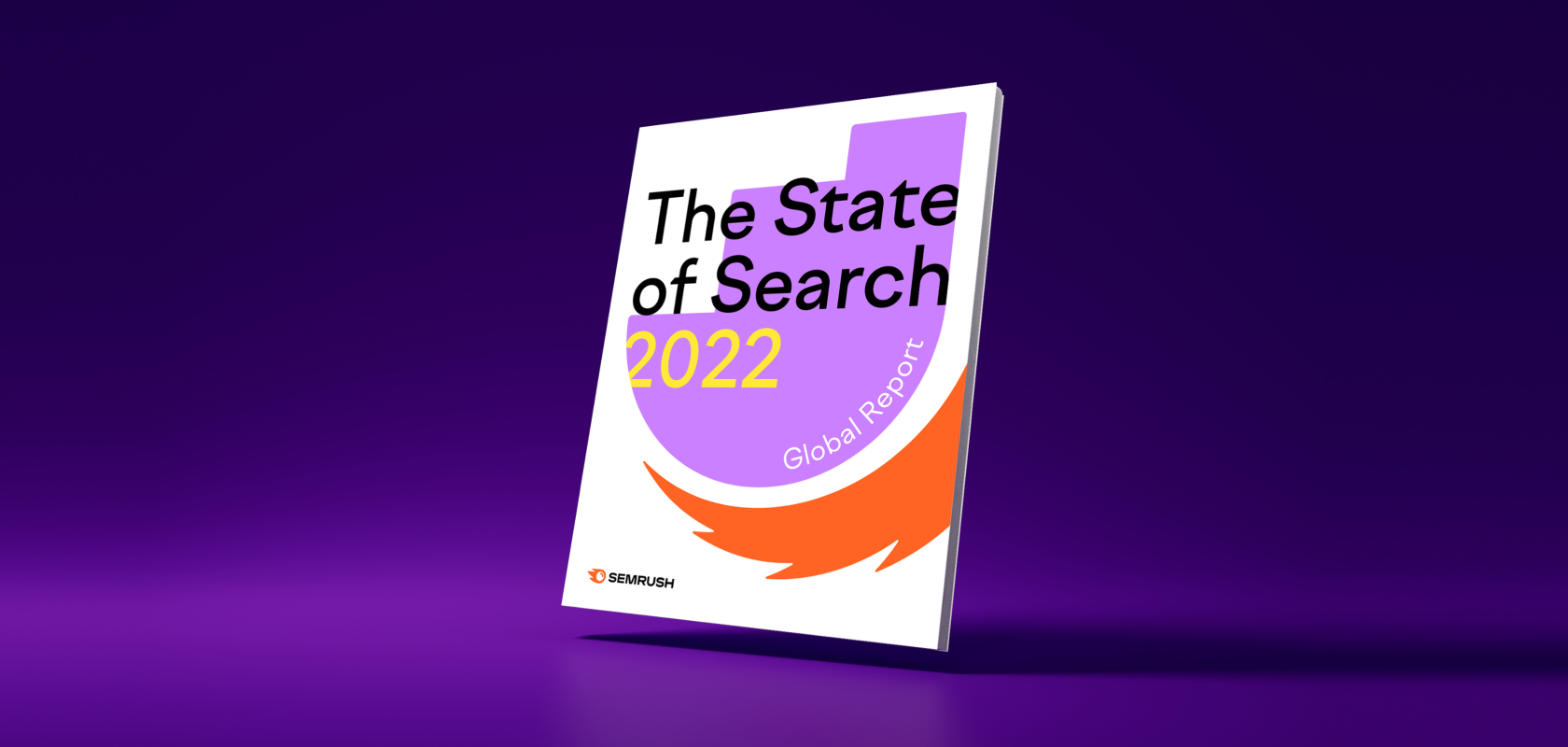Is Accessibility Important For SEO?
TL;DR: Yes. Accessibility on websites has always been important, and one of the key aspects of design. As technology is increasingly helping those with disabilities, it has become intrinsically linked to search engine optimisation. More people rely on the...


TL;DR: Yes.
Accessibility on websites has always been important, and one of the key aspects of design. As technology is increasingly helping those with disabilities, it has become intrinsically linked to search engine optimisation.
More people rely on the internet in their everyday life, and more essential services are accessed online rather than over phones and in-person. So accessibility is vital for users if you are and essential service, an online shop, a blog and everything in-between.
Accessibility was previously seen as a legal requirement, or something to adhere to after the main designs – often an afterthought.
Rather than some form of obligation, accessibility is closely linked to user experience (UX), and your ultimate rankings in search engines. Nearly all search engines include guidelines on user experience and alternative options for those users with disabilities.
How does accessibility on websites impact SEO and rankings?
One of the more commonplace items of optimisations are alt-texts on images and some links. These increase relevancy of keywords on certain pages, but also help those with screen readers and other devices to navigate the page.
So by increasing the keywords on pages, you may have been helping users navigate your site anyway!
This is linked to the idea behind structured data too. Rather than putting up content and it making sense to a user, there are more specific locations and formats for data for crawlers to understand, as well as helping those who don’t use sight to navigate, or use alternate methods in general.
So if a site doesn’t make sense to a crawler and a screen reader user, it will generally rank lower, because it is harder to understand. The opposite is true too. So by helping accessibility to humans, it helps robots & crawlers, then ultimately your rankings.
There is also the more UX-based side of this, where sites which are easier to navigate and use have better engagement. Designing around users rather than squeezing as much “SEO-ness” out of a page will help increase time on site, interactions, improve bounce rates and more.
Reaching more users increases visibility, which increases clicks, and this helps with your overall ranking performance. It may be slight, but when compounded it can be the difference to get you ahead of competitors and into the top spot – particularly if everything else is equal.
So in conclusion, accessibility on websites is increasingly important and this won’t change. Rather than a legal requirement or obligation, make sure that your designs, layout, content and optimisation in general, can help all types of users.
Share this post

Gary HainsworthSenior Organic Data Specialist
Gary is our technical SEO specialist and boasts more than 10 years’ experience in the industry. With in-depth knowledge on site migrations and all aspects of technical SEO, he’s a valuable asset to our team. Gary’s worked with the likes of the V&A, Warburtons, the NHS and the Lake District National Park. He has a passion for guitars too, be that playing them, modifying them or even building them.



Clicks But No Conversions – Where You Are Going Wrong
Hannah Maitland
21st Mar 2023
PPC Blog



The Best Digital Marketing Agencies in Manchester
Stacey Cavagnetto
16th Mar 2023
Content Marketing Blog
Digital Ideas Monthly
Sign up now and get our free monthly email. It’s filled with our favourite pieces of the news from the industry, SEO, PPC, Social Media and more. And, don’t forget - it’s free, so why haven’t you signed up already?
Unlike 08 numbers, 03 numbers cost the same to call as geographic landline numbers (starting 01 and 02), even from a mobile phone. They are also normally included in your inclusive call minutes. Please note we may record some calls.

 Lynk
Lynk 







_4.jpg)


![How to Create an Infographic in Under an Hour [+ Free Templates]](https://blog.hubspot.com/hubfs/infographic-templates-1.jpg#keepProtocol)




















